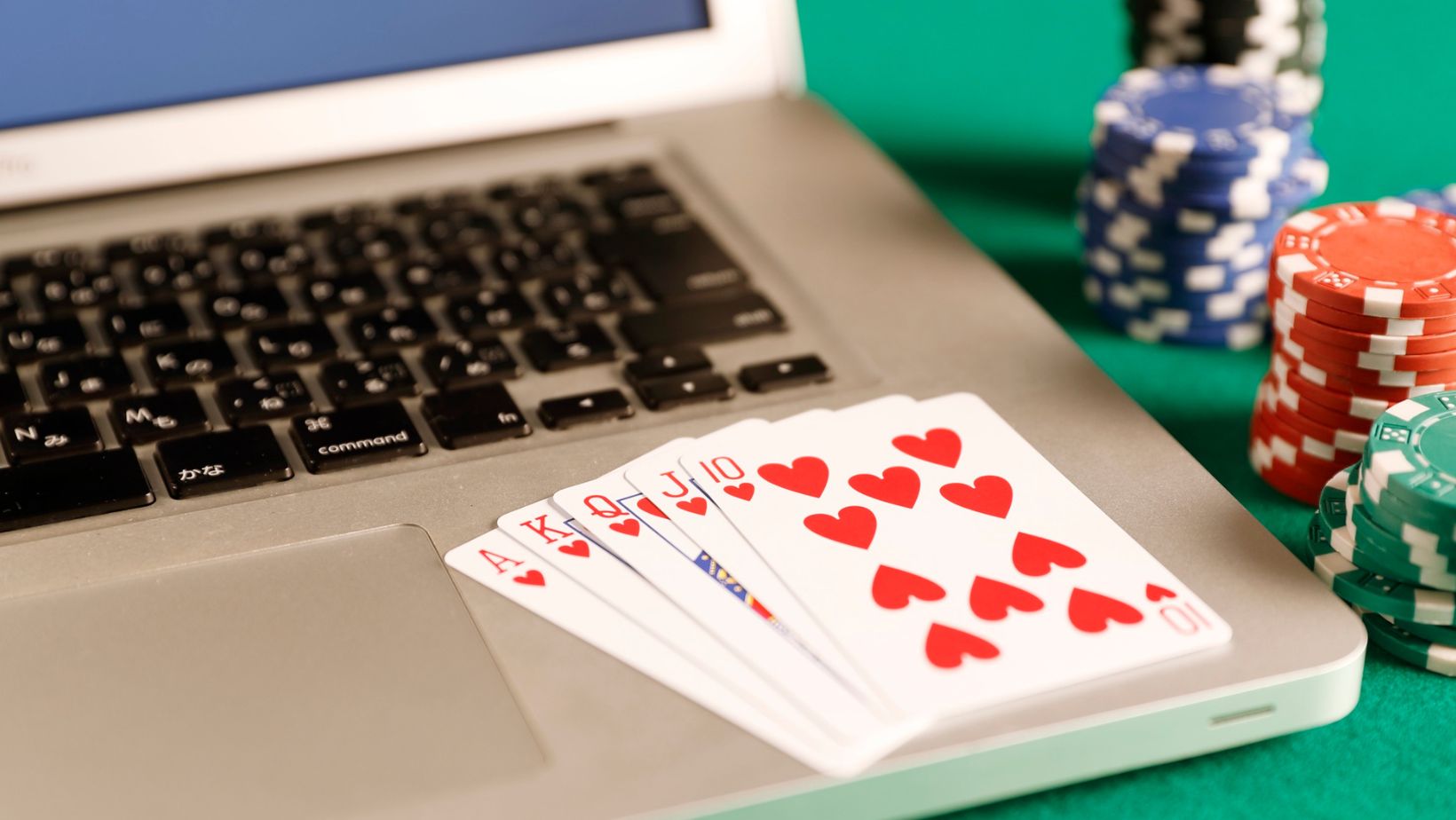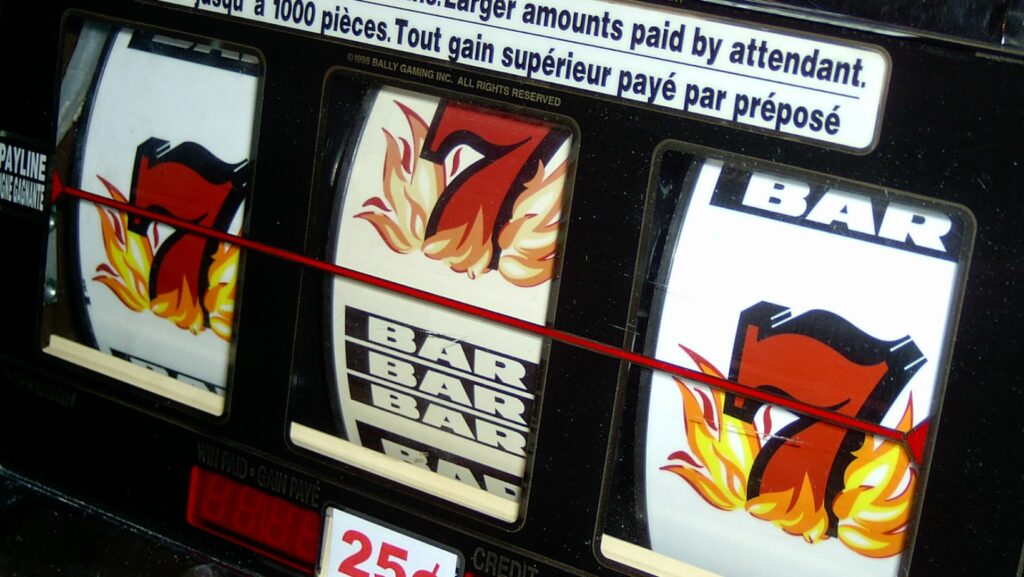The thrill of betting is never disputed, especially in the fast-evolving digital sector. This activity was always perceived as a game of chance, as unpredictable outcomes bring significant risks. However, everyone who has ever placed sports predictions knows that this entertainment is deeply psychological. A near-miss is the curious in-between state that captivates punters’ attention: the move when a bet almost pays off creates the feeling that the coveted winning is very close. This phenomenon has fascinated industry experts for decades, as it encourages users to return to online bookmakers over and over and try their luck again.
The Phenomenon of Near Misses: Why It Works?
In simple words, the near miss is a loss. However, it has some peculiarities. This outcome is so close to the win that punters still get a dopamine release, the happiness hormone that brings positive emotions. Casino slots are the classic example here: two matching symbols fall on the reels, and the third icon misses, but appears next. In this case, players often feel like they almost hit the jackpot and make more spins, hoping for big wins. This aspect is used in different forms of gambling and is an efficient trigger for passionate enthusiasts.
Why Near Misses Don’t Feel Like Losses
No matter how close the bet was, only the correct prediction brings a cash prize. In other instances, it’s a loss. However, human psychology perceives it differently. Several psychological factors make near-misses truly unique:
- Illusion of control. Bettors often believe that their choices (like wagering on a lucky number or always picking the favorite) can influence the outcome, and near misses reinforce this opinion, showing they almost made everything right
- A blend of frustration and hope. Undeniably, losses are disappointing, but predicting almost correctly brings the desire to try again, as users are confident that the following prediction will be more beneficial
- Motivation to try again. The “almost” experience encourages persistence; multiple studies have shown that punters are likely to place another wager after a near-miss
- Misinterpretation of skill and luck. While betting is mainly based on chance, users are confident that they can affect the outcome with their knowledge and previous sports wagering experience
- Reward pathways activated. Research indicates that near-misses are often perceived as wins, acting as an emotional sign that the punter should continue betting
This phenomenon is widespread in the betting world and brings emotional swings, highly valued by many adrenaline hunters. Near-misses create stronger psychological responses than factual losses, and this factor allows bookmakers to affect users’ decisions skillfully.
How Bookmakers Take Advantage of Near Misses
While online casino slots are the most evident example when it comes to near misses, sportsbooks also integrate this trick. For instance, accumulator wagers are among the popular choices at https://1xbetbdesh.com/, where a broad selection of betting markets and disciplines is accessible. This complex prediction implies that a punter combines several occurrences in a single bet. For the user to win, all three events should be guessed correctly. One wrong result ruins the ticket, but punters still feel like they were about to hit the jackpot.
The same trick is often implemented in bookmakers’ promotions. Operators place stories of missed big wins when a user ignores the bonus, which eventually motivates risk-seekers to deposit and activate the reward. Although ordinary bettors usually don’t pay attention to these psychological triggers, operators are constantly creating new ways to affect their habits.
The “Chasing” Effect and Its Negative Consequences
The concept of chasing losses implies that punters continue to place bets despite the previous unsuccessful outcomes and excessive spending. This decision is often driven by near-misses, which trigger the confidence that the winning will definitely happen after the next prediction. Such behaviors create an endless wagering cycle that can lead to compulsive disorders.

The variable ratio reinforcement schedule is the main principle that makes gambling activities so addictive. Rewards come unpredictably, but they are often enough to keep players engaged. Near misses act almost like cash prizes, making them one of the best influential factors. Players are inspired to get more and more, while operators trigger more excitement by offering niche betting markets and exclusive promotions.
Responsible Gambling and Awareness About Consequences
Learning the psychology of near misses is important for punters, as it helps them develop betting plans and develop a healthy approach to this activity. The main responsible principles imply setting budget limitations and time restrictions to avoid compulsive habits. Understanding this concept can also boost operators’ trustworthiness: bookmakers can use it strategically to avoid gambling addiction among their customers.
Although many bettors are confident that sportsbooks only aim to generate revenue, trusted companies work on their reputations and provide players with safe and transparent conditions. Mental health protection remains the priority for industry stakeholders, who are constantly seeking ways to boost consumer protection. Modern online bookies adapt to the new reality, where informing punters about the risks is their primary duty.

